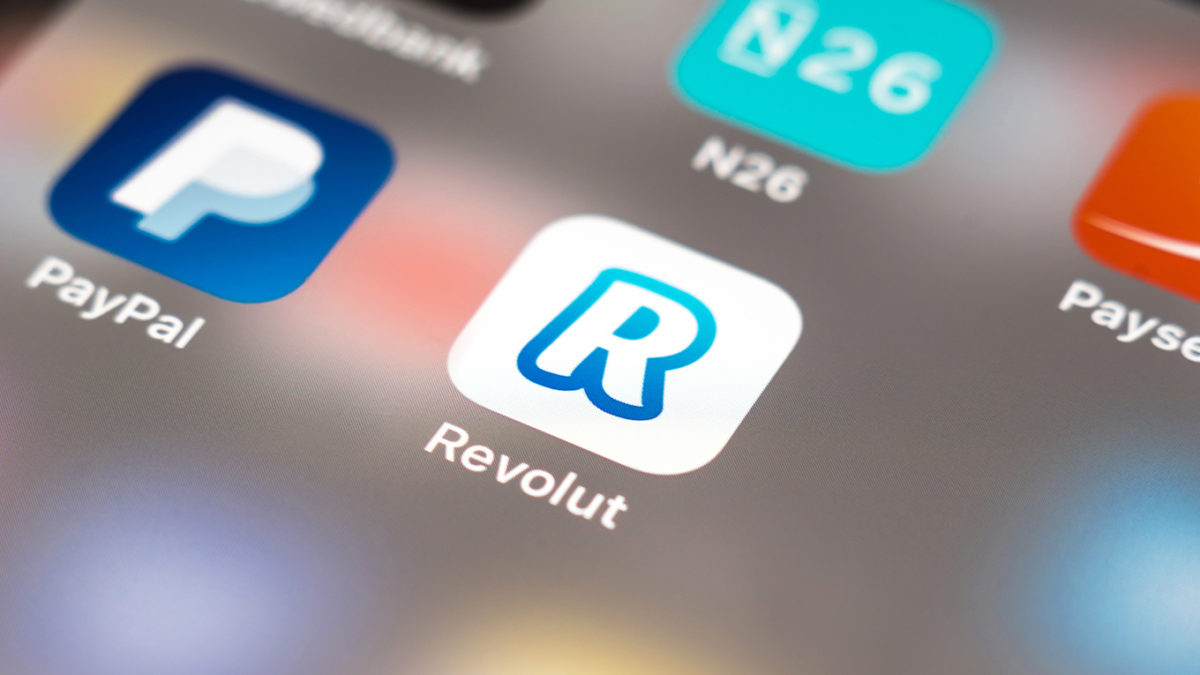
Revolut, Europe’s most popular digital bank and always cited by analysts as one of the best in the world, is finally arriving in Brazil. Glauber Mota, a very seasoned executive partly responsible for creating BTG’s digital bank, will lead the local operation. The group has not revealed its projected user base in the country, but Brazil is expected to be among the five largest markets for Revolut, which is already in more than 35 countries.
The operation will initially offer an international account and card with access to multiple currencies, and gradually bring the full experience of the global super app to Brazil. The full offer is expected to be available by the second half of the year. “I would really like that by the Qatar World Cup [which starts in November] Brazilians are already taking advantage of the full potential of the Revolut app. I think we will arrive well before that,” Mr. Mota said. The app is already available for download, but only for those on the waiting list.
With more than 18 million customers worldwide, Revolut was valued at $33 billion in its last investment round and competes with Nubank for the position of the most valuable digital bank in the world. In June, in its last round before the IPO, the Brazilian bank was valued at $30 billion. At the IPO in December, it reached $41.5 billion, but Nubank has a market capitalization of $36.9 billion after the stocks fell at Nyse.
“Brazil is the largest market in Latin America and a strategic priority for Revolut’s international expansion. With his vast experience in the financial sector and an excellent track record, we are very pleased that Glauber will join Revolut and help us in our mission to create the first truly global financial super app,” Nik Storonsky, CEO and co-founder of Revolut, said in a statement.
Mr. Mota points out that Brazil has one of the most active populations in the digital field, with over 112 million users with mobile devices and a growing number of people using digital banking as their primary account. However, when traveling abroad and shopping online, Brazilians still use credit cards and exchange houses paying high fees. “This represents a huge opportunity for Revolut to bring its product and service offering so Brazilians can shop.”
Mr. Mota joins serial entrepreneur Felipe Lachowski, who leads Revolut’s strategy and operations team in Brazil, and will set up the team. In addition to the local headquarters, Brazil will have a technology hub for Latin America – the digital bank landed a few months ago in Mexico – and serve as support for Brazilians who already work remotely for Revolut’s global operation.
“We are just finishing setting up the team and putting the structure in place,” Mr. Mota said. According to him, initially, the local operation will leverage the global structure, but soon afterward Revolut is likely to also apply to the Central Bank for a direct credit society license. He does not rule out an acquisition but says that it would not be to obtain a license, but to bring in expertise, perhaps along the lines of an acqui-hiring (an acquisition focused on bringing in the acquired company’s team). Still, Revolut’s tradition is to grow organically.
The executive says that Revolut virtually does not invest in marketing, relying on the good user experience and word of mouth, but it may have to change this strategy a little to make the brand known in Brazil. Asked about the potential of the customer base here, he says that, even by the fact of starting with an international account, the public is more restricted than that of Nubank, for example, which has 54 million customers. “Am I going to have 50 million customers? Probably not. In the first year, we will be something like a mix of Avenue, Nomad and Wise. When we have a local account, credit, insurance and everything else, we will be more like C6’s high-income business,” he said.
As for the competitive scenario in Brazil, Mr. Mota acknowledged that there are many digital banks, but he believes that the customer experience at Revolut is something that will make the difference. “We deal with products and clients in an outstanding way, which is why our NPS [Net Promoter Score] is high. It is all based on technology, with data analysis. Our suggestions to customers are very assertive and we offer several benefits. The UK is a pioneer in open banking and Revolut leverages a lot on this, and now we will be able to do the same in Brazil.”
As it is a private company, there is no detailed information about Revolut’s financial performance. In its last round of funding last July, the fintech revealed that it had revenues of £261 million in 2020, with a growth of 57%. The company was still operating in the red, but getting very close to breakeven. In the fourth quarter of that year, the gap was only £6 million.
Source: Valor International
